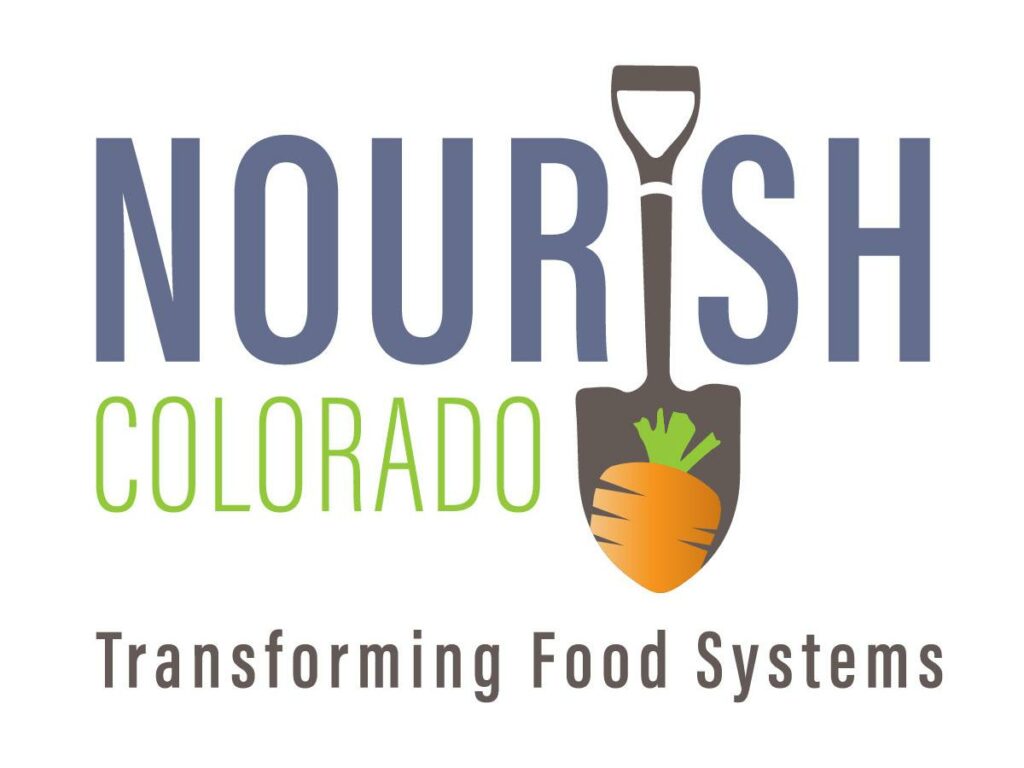
The Food Accessibility bill, HB23-1008, is one of the many exciting food system policy endeavors introduced in the 2023 Colorado State Legislative Session. This bill, introduced by Representative Mike Weissman and Senator Rhonda Fields, is based on enhancing and supporting the Community Food Access Program created last legislative session in HB22-1380, the Critical Services for Low-income Households Act. The Critical Services for Low-income Households Act created the Community Food Access Consortium and the Small Business Recovery and Resilience Grant Program; both the consortium and the grant program were created for small food retailers, farmers markets, food hubs, and small family farms or ranches. You can read more about how these programs provide small retailers and farmers with technical assistance and financing for distribution costs, value chain coordination, and operating or equipment costs to support increased purchasing of fresh and local produce in our December Policy Blog, here.
If enacted, the Food Accessibility bill would alleviate some of the financial and structural burdens on local food systems and increase healthy food availability and affordability. The bill would allow members of the Community Food Consortium to claim a tax credit of up to 75% of the purchase price of equipment purchased for their small retail store or small farm, or for any other consortium-related activity including pallet break fees, distribution, and delivery fees. Up to $10 million in tax credits could be claimed across the state per year. This tax credit is intended to encourage small retailers and farmers to purchase equipment needed to make fresh produce more available to local communities and to help reduce the costs of storage and distribution—especially for rural areas.
The bill would also create a few changes for the consortium and grant program by 1) extending the consortium to 2031 for the administration of the tax credit opportunity, 2) increasing the individual maximum grant allotment from $25,000 to $50,0000, 3) clarifying that the grants may be awarded annually for each small store or farm that the applicant owns, 4) allowing flexibility for the Colorado Department of Agriculture to use the $7 million available in ARPA (American Rescue Plan Act) funds for the grant program and consortium, and 5) expanding the definition of a “small food retailer” from 5,000 to 10,000 square feet of retail space.
The tax credits made available from the Food Accessibility bill would incur a net neutral budget by including a funding mechanism within the bill. Revenue would come from a proposed de-coupling of the business meal tax deduction in order to increase state revenue. Currently, there is a tax rule for both federal taxes and Colorado state taxes that allows “federal income levels” to be adjusted based on a filer’s “business meal” spending. This proposed change in rules, called “de-coupling” would allow the business meal tax deduction to only apply to a filer’s federal income taxes and would no longer apply when calculating a filer’s income level for Colorado state taxes. This change would apply to both individuals and corporations. Effectively, this funding mechanism would result in a projected funding pool of $9.5 million for the state and allow for a neutral fiscal note on the bill. The main purpose of the Food Accessibility bill is to increase access to fresh and local produce by giving greater support to small farmers and small retailers and by assisting with the cost burden of distributing and storing fresh produce.
